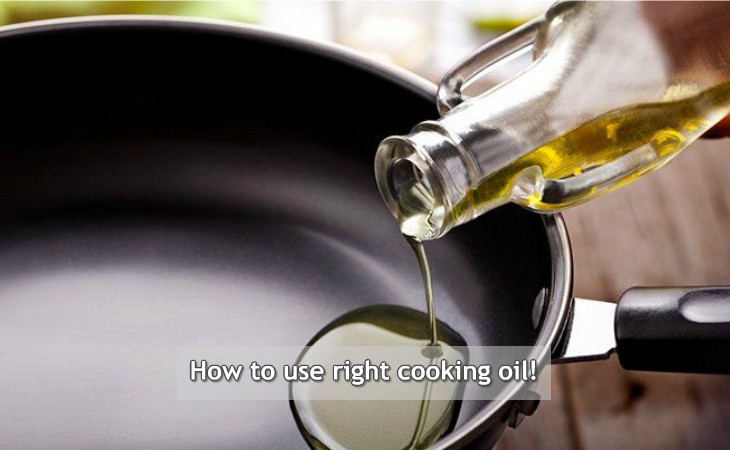Before we discuss what are the good oils & fats, lets first discuss what oils NOT to use.
Palmoil is possibly the worst possible fat you could consume. Maybe not in unrefined / unprocessed form, but when heavily processed and “hydrogentated”, it’s bad news.

Do I personally use palmoil in my kitchen or in my home? NO!!! Do I end up consuming it in one way or the other on a daily basis – unfortunately yes!
Because palmoil is added in pretty much all processed foods, bread, baked goods, snacks, and more restaurants than you would like to know are using it. Many premium restaurants even mix their olive oil with it, and its very hard knowing the difference because of the smooth neutral taste.
If you don’t believe we use it, let the numbers speak for themselves: INDIA is the largest importer of palmoil in the world, with annual imports of 50 lakh metric ton (that’s 5 million thousand kilos!). Someone is consuming it.
Why is this oil the darling of the food industry? Its inexpensive, it has a smooth silky neutral taste and can easily be mixed with other oils, and has a fantastic shelf life, and a very high smoke point which makes it ideal for heating and reheating. Most namkeens and street foods are without exception fried in palmoil. Even premium imported chocolate brands are using palmoil. Because it tastes neutral and is practical.
Why is it so bad? Most palmoil is made through “hydrogenation” – a process in which a liquid unsaturated fat is turned into a solid fat by adding hydrogen. During this manufactured partially hydrogenated processing, a type of fat called trans fat is made.
NOW, lets speak about the popular choices cooking oils in india: basically edible vegetable oils! There is nothing wrong with most vegetable oils, the issue happens in how those oils are being refined and processed.
Many of you have asked me “is so and so oil ok to use?”. My place is not to tell people what oils they should use / not use in their homes. But I encourage you to read the food labels and to stick to some principles of avoiding excessively refined and processed oils. Do not get fooled by the branding “heart healthy” / “packed with goodness”, “contains omega3”, etc. this means nothing, as the same oil can be partially hydrogenated and also contain high amounts of transfatty acids…
Lets now speak about Canola, Saffola oil, soybean oils:
Those oils can be great and have benefits, but the fact is nearly all popular brands vegetable oils are heavily processed and solvent expelled oils. This is the most common way that most oils are produced around the globe today. Conventional hexane-produced canola makes up over 90% of the canola oil on the market which means its heavily processed including bleaching and hydrogenated which creates trans fats.
Add to that the fact that all rapeseed from which canola is made are genetically modified.
So, how to chose the right cooking oil? Well try to select a brand that explicitly mentions on the label it’s “organic”, “expeller pressed”, “cold pressed” or “unrefined”. You will have to look long and hard.
What I personally love to use and what is super simple to source locally in India, I primarily use cold pressed organic coconut oil and dhesi ghee! MADE IN INDIA! And frankly best options in my opinion. No need to purchase expensive imported extra virgin olive oils which is anyhow not as suitable for cooking!
And I of course supplement with quality OMEGA3 fishoil supplement everyday without fail!
